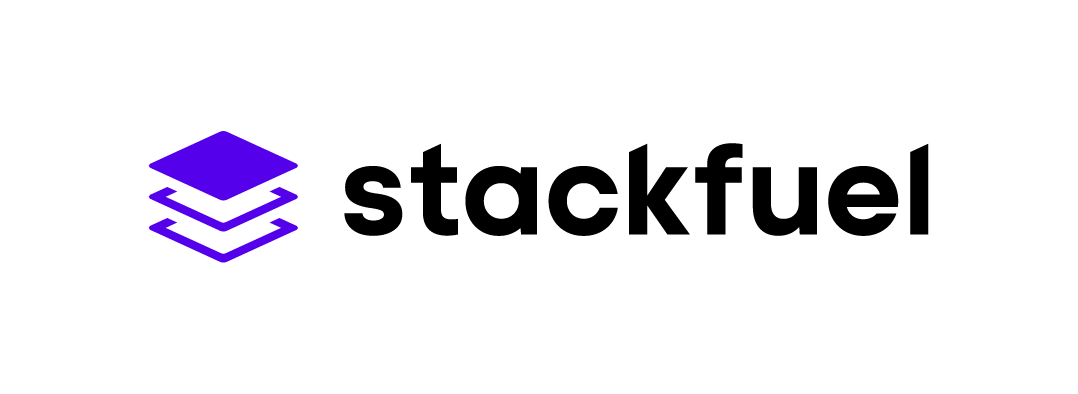The Python programmer
Your qualification for software development with Python - the online training with certificate of completion

Contents
1. data types
- Programming in the Data Lab.
- First own code commands.
- Working with data and texts.
- Create, assign and test variables.
- Read out and interpret error messages.
- The Python standard functions type() or str().
- Use of if statements.
- First own practical project: programming a simple user interface.
2. flow control
- The use of lists in Python.
- Use the advantages of lists.
- for loops: Execute code automatically multiple times.
3. functions, modules and methods
- Understand and use functions and methods in Python.l
- Define functions and structure code better.
- Combine conditions, loops and functions.
- Import Python modules correctly.
- Import and export data.
- Perform simple tests.
- Programming a project with telephone data.
4. python applications
- Code efficiency through dictionaries.
- Dealing with complex data structures.
- Practical project for the automated processing of customer inquiries.
5. advanced techniques in Python
- Deepening the concept of functions.
- Default values, type specifications and assert instructions.
- List Comprehension and Dictionary Comprehension.
- Adaptation of your code to the industry standard PEP8.
6. basics of object orientation
- Fundamentals and concepts of OOP.
- Definition and use of classes and attributes.
- Examine instance methods.
- Use instance methods in method chaining.
- The key word self.
- Differences in class definitions during debugging.
7. inheritance and composition
- Understanding and using inheritance and composition.
- Advanced methods such as inheritance hierarchy and multiple inheritance.
- Reuse data in superordinate and subordinate classes.
- Best practices for unit tests.
8. advanced object-oriented programming
- The difference between programs and modules.
- The role of main.
- Decorators and Property Decorators.
- Static and class methods.
- Use class representations with str() and repr().
- Display options with overloading.
9. programming object-oriented applications
- Targeted preparation for the final project.
- First project: Data or text analysis with data science libraries.
- Second project: Programming your own blockchain.
10. final project
- Program your own password manager.
- Fill terminals with data records.
- Certificate as a certified Python programmer.
How do you learn in the course?
This online course offers you a particularly practice-oriented learning concept with comprehensive self-study units and a team of mentors who are available to you at all times. A new chapter is unlocked for you every week. With a time budget of around 8 hours per week, you are sure to reach your goal in 12 weeks. This is how you learn in the course:
Data Lab: In the course's learning environment, you can expect videos, interactive graphics, text and, above all, lots of practical exercises. You carry these out directly in the browser.
Mentor team: Your learning coaches are available to answer any questions you may have. They are experienced experts experts who will be happy to help you - via chat, audio or video call.
Webinars: Once a week, you have the opportunity to take part in webinars and immerse yourself in selected specialist data analysis topics.
Career coaching: What professional goals are you pursuing with your further education and how can you achieve them? A team of mentors is ready to help you achieve your career goals.
Certificate: After the final project - the programming of a user interface for the automated processing of customer inquiries - you will receive your official certificate of participation in this training course.
This online training is provided by our partner StackFuel GmbH. StackFuel specializes in training courses on data literacy, data science and AI.
Your benefit
- In this practice-oriented training course, you will get to know and apply all the important concepts of Python.
- You will learn how to write, execute and adapt your own programs quickly and easily with Python.
- You will learn all about the use of Python for programming automation in a wide variety of scenarios.
- You will learn advanced Python programming techniques such as List Comprehension and Dictionary Comprehension and how to reuse existing code.
- You will gain specialist knowledge about the use of Python in object-oriented programming and learn about the concepts of inheritance.
- You not only learn the theory, but also apply the methods and techniques in many practical exercises and consolidate your knowledge quickly and sustainably.
- Technical barriers to entry are minimized through the use of Jupyter notebooks , with which you can carry out the exercises directly in the browser.
Recommended for
This training is aimed at anyone who is looking for comprehensive training to become a Python programmer and would like to use the versatile general-purpose language in data analysis, software development or web development. The training is suitable for career changers and the perfect introduction to software development to become a developer developer, software developer or data scientist.
Further recommendations for "The Python Programmer"
34203





